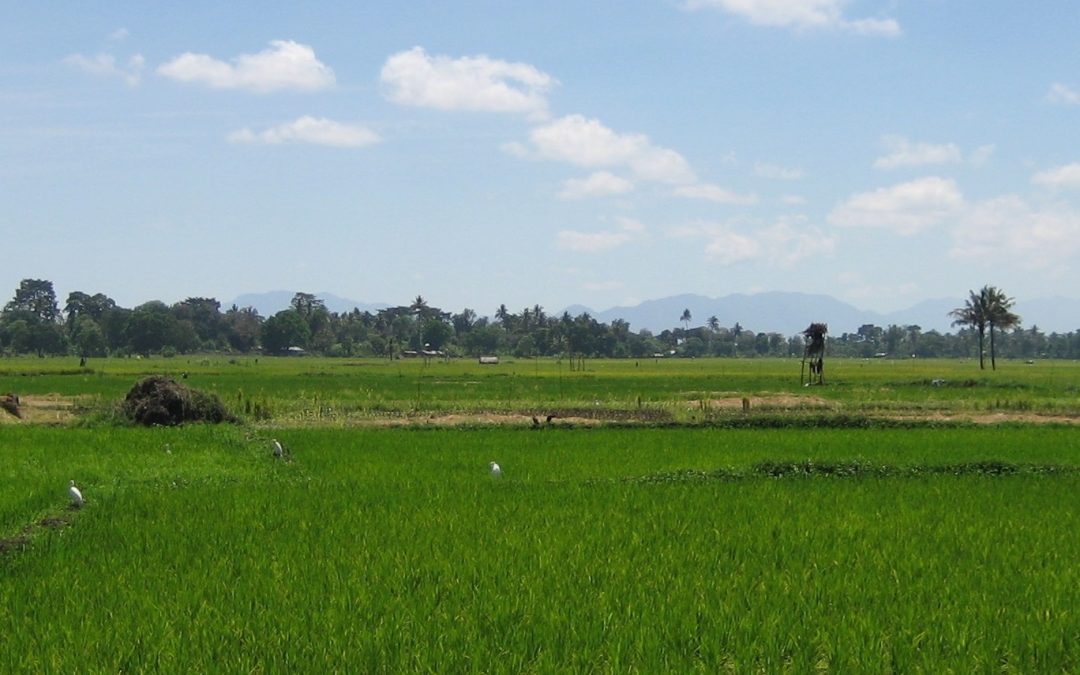‘Farmer-led’ irrigation may exceed all ‘official’ schemes, effectively doubling the amount of irrigated land in sub-Saharan Africa.
This policy brief identifies the implications for irrigation policy and agricultural management, summarising the opportunities and challenges arising from the development of farmer-led irrigation.
Following a three year research programme, the SAFI research projectgathered a group of researchers, policy-makers and irrigation specialists to define the characteristics of farmer-led irrigation development in Africa, and identify potential interventions by government and development agencies to support and expand, or regulate farmers’ irrigation initiatives.
The resulting brief explores the benefits and risks of interventions, and identifies four potential areas of policy response:
- Integrating farmer-led irrigation with broader economic and social security strategies.
- Promoting context specific understanding of existing farmer-led irrigation and encourage learning.
- Informing irrigation policy thorough more accurate irrigation data.
- Developing a supportive and accessible regulatory framework for small scale irrigators.
This Policy Brief is the output of a meeting convened by the SAFI Project team at the Rockefeller Foundation’s Bellagio Center in February 2018, and has been authored jointly by researchers, academics, government officials, development partners and consultants working in sub-Saharan Africa.
Find out more at the SAFI website

